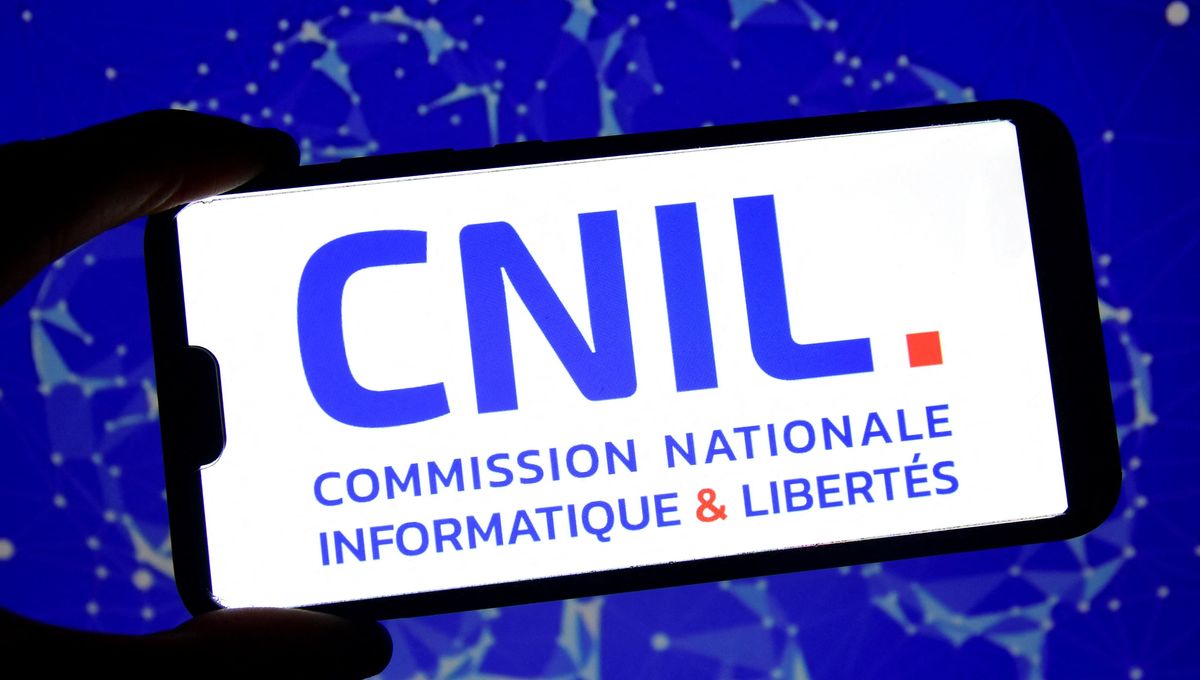Russia’s telecom watchdog is preparing to expand its use of AI to monitor and restrict access to prohibited online content, a move expected to affect parts of the cryptocurrency ecosystem.
Roskomnadzor plans to invest more than 2 billion rubles in machine-learning tools designed to analyse internet traffic and improve enforcement against banned websites and VPN services. Blocking activity has already accelerated, with hundreds of VPNs and more than a million websites restricted during 2025.
Industry observers warn that stronger filtering could disrupt access to foreign-based crypto exchanges, mining pools, and information services. Major platforms are not currently blocked, but wider AI use is expected to accelerate detection of mirror sites and circumvention tools.
Regulatory changes under discussion could further reshape market access. Proposals would allow licensed domestic institutions to handle crypto transactions while imposing separate rules on specialised exchanges, potentially limiting the operations of foreign providers.
Would you like to learn more about AI, tech and digital diplomacy? If so, ask our Diplo chatbot!










